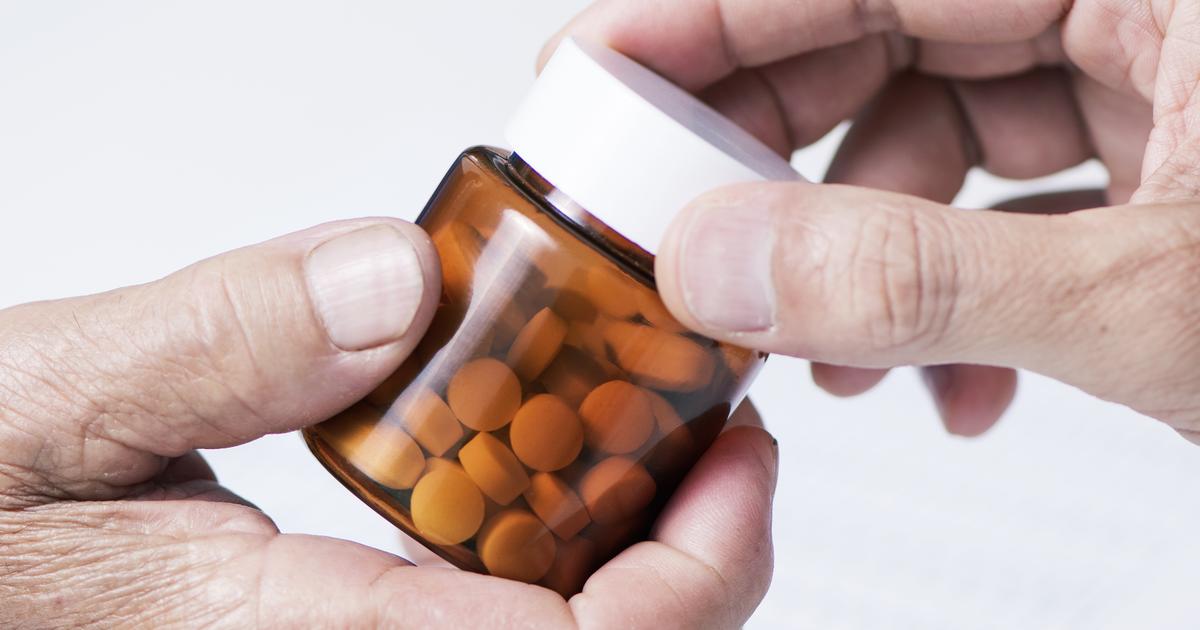Guide To Turmeric Side Effects, Precautions, And Interactions
Anticoagulants

Patients taking anticoagulants should not use turmeric, particularly in high doses, as turmeric also has blood-thinning effects, and research has shown it magnifies the anti-clotting properties of anticoagulants. This means patients might begin bleeding spontaneously, and they might experience long nosebleeds when they hadn't before. If individuals get a cut, scrape, or other abrasions, they might find it doesn't clot even after they place pressure on it for a while. Some patients might experience serious bleeding risks, such as internal bleeding or brain bleeds. It can be very dangerous to have blood become too thin. The amount of time blood takes to clot is measured in prothrombin time. If an individual's prothrombin times are too high, this means they have a much higher chance of bleeding and blood loss.
Uncover additional turmeric side effects, precautions, and interactions now.